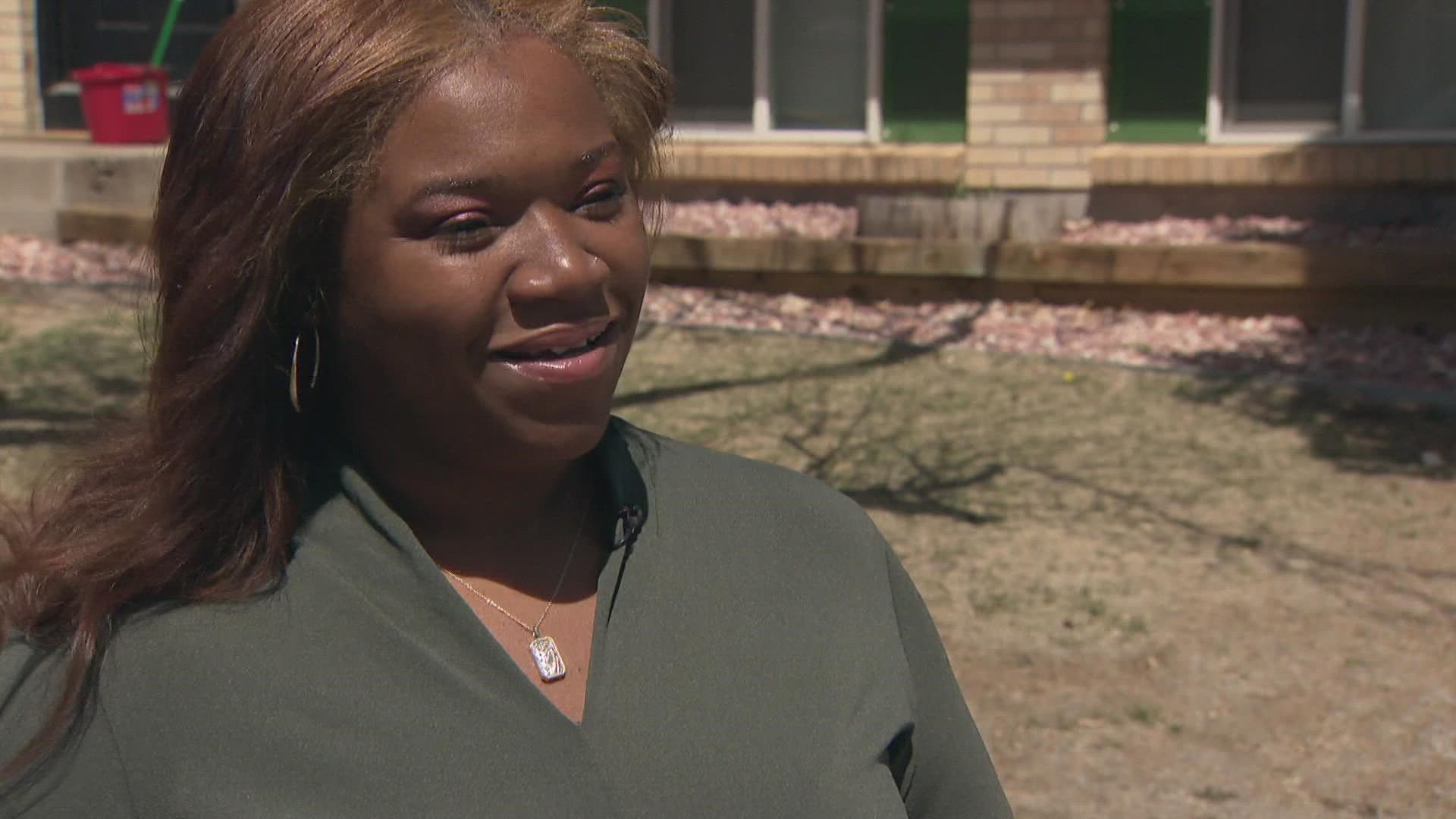DENVER — When Denver approved marijuana deliveries last year, it gave exclusivity on licenses to social equity applicants for three years – through July 2024 – but now the department that oversees the city's marijuana industry wants to make that exclusivity permanent.
That's because without changes, the companies that are licensed for marijuana delivery face extinction due to too few stores using their services, according to Eric Escudero, spokesperson for the Denver Department of Excise and Licenses.
This week, the department introduced a proposal for the City Council's consideration that would give social equity applicants permanent exclusivity over marijuana delivery and also would significantly reduce the cost of licenses.
It's part of the city's effort to bring equitable access to the marijuana industry, Escudero said.
> Video above: 420 prompts reflection on continued push for diversity in marijuana industry
Denver opened to delivery licenses and permits for stores and transporters about a year ago. As of Wednesday, 16 businesses were licensed to do delivery, and only 18 out of the city's 206 stores had the required permit for delivery companies to transport their products, Escudero said.
Of those 18 stores, only nine are actually doing delivery, he said.
A deadline is approaching to find a solution. Six delivery businesses need to renew their licenses in August and might decide not to if the situation remains status quo.
"The delivery companies do not have many businesses to do delivery for and are facing extinction as many approach the date in which they must apply to renew their license," Escudero said.
If the City Council approves the changes, stores waiting to do their own delivery two years from now would have no reason to hold out anymore, and delivery companies could comfortably invest in their business model, Escudero said.
No store has told the city directly that it's waiting for the opportunity to do its own delivery before jumping into that market. Rather, they say they don't want to take on additional liability for third-party delivery or can't afford to invest in the infrastructure needed to do delivery, he said.
In Aurora, where stores are allowed to do their own delivery, 80% of stores offer delivery – as opposed to about 4% in Denver, Escudero said.
"Denver is taking the lead in putting in licensing exclusivity so there is an opportunity for more people to benefit economically from this industry outside of the initial marijuana businesses in Colorado or those who have access to large amounts of financial resources," he said.
The Department of Excise and licenses is proposing:
- Replace the three-year exclusivity period with permanent exclusivity for social equity applicants for marijuana delivery.
- Reduce annual licensing fees for delivery companies and stores to $25, down from the current $2,000.
Businesses also must pay licensing fees at the state level.
SUGGESTED VIDEOS: Latest from 9NEWS

